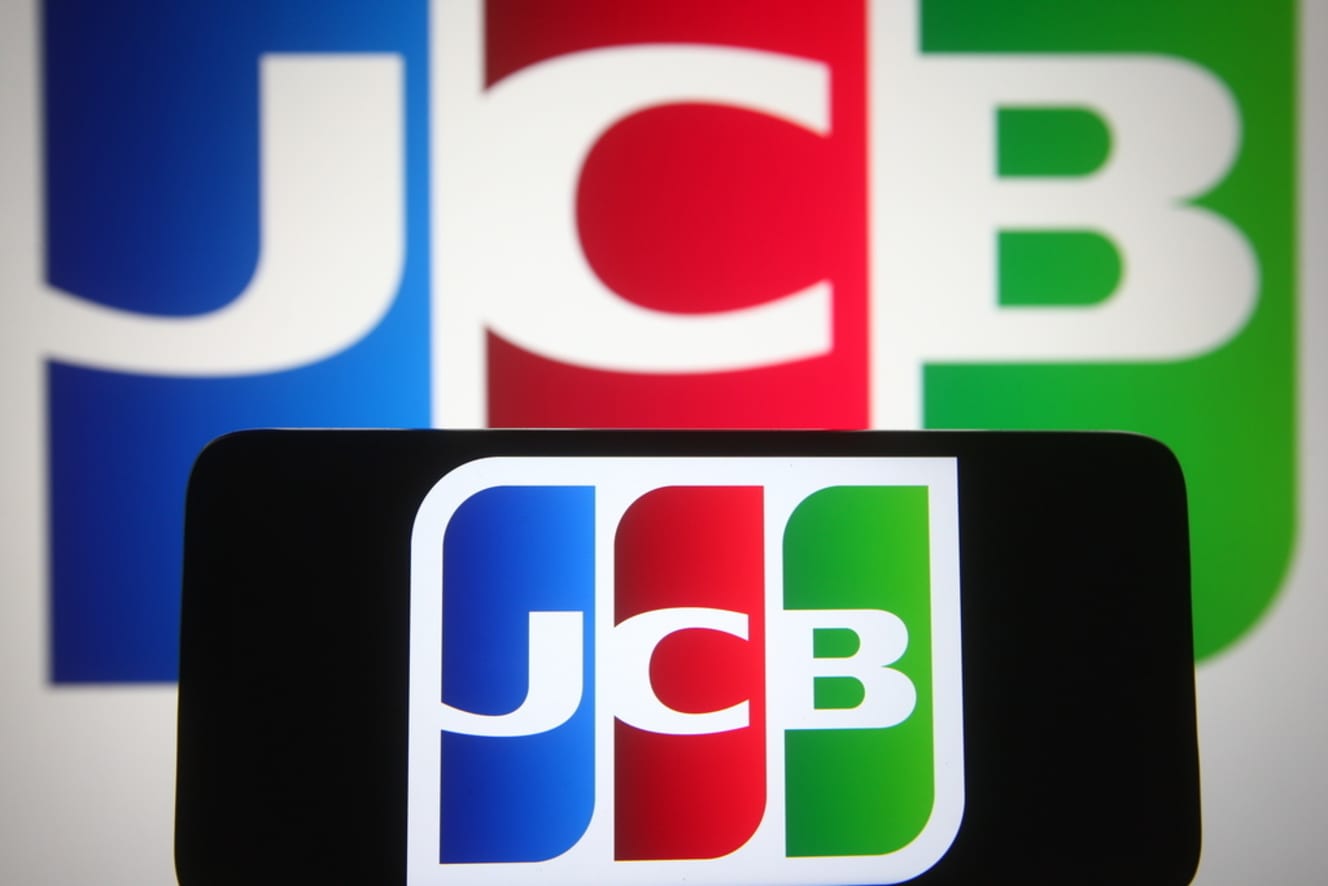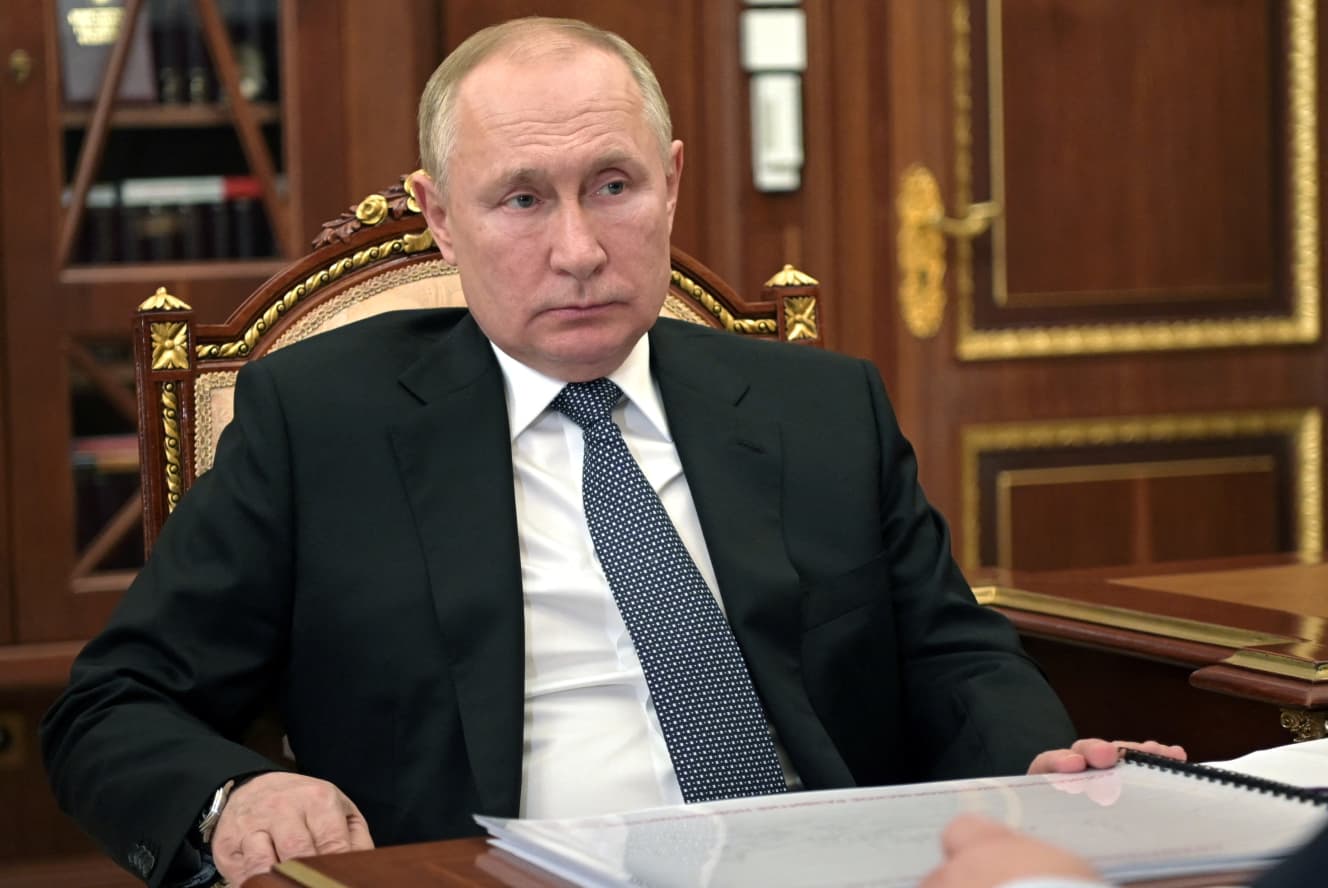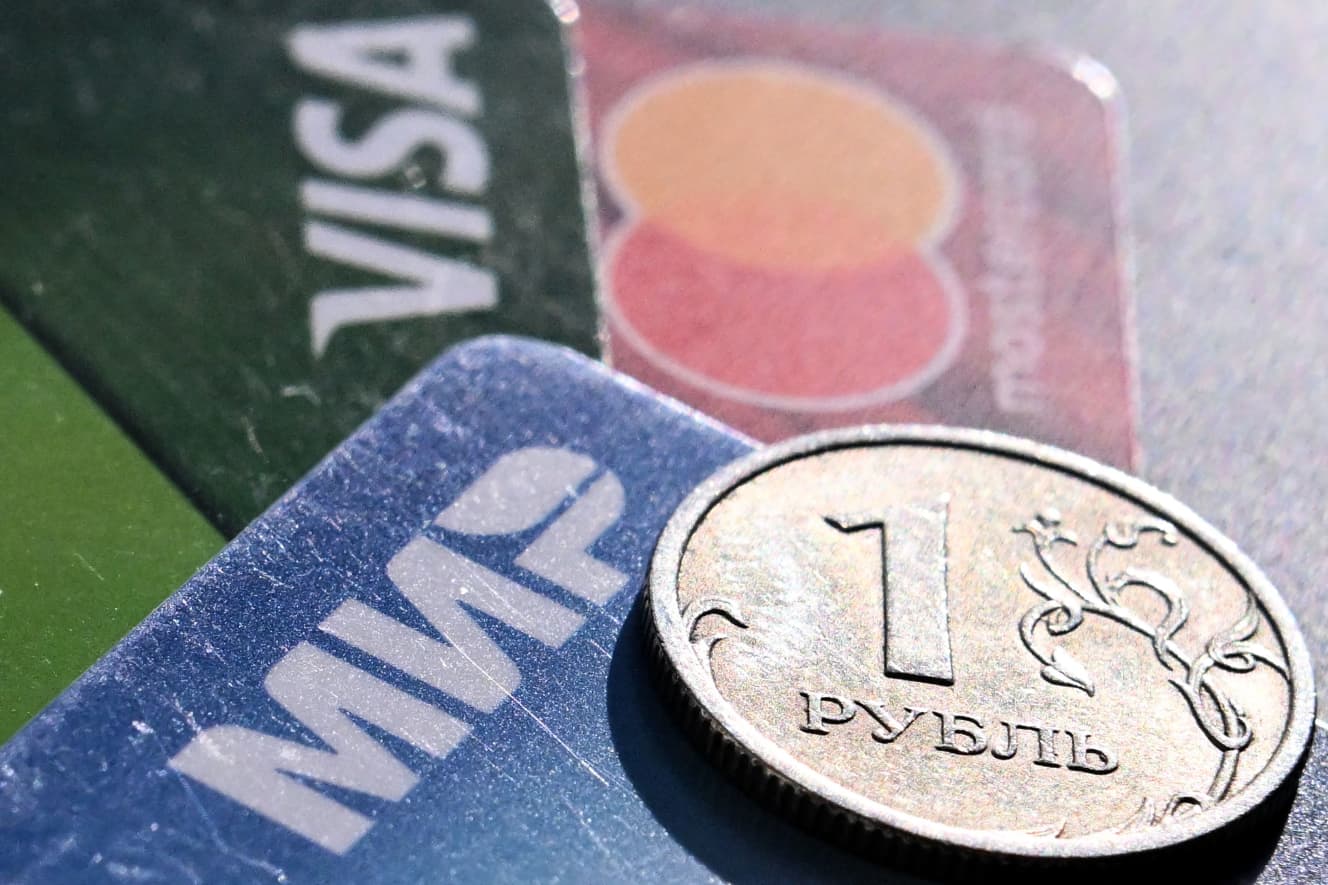Russia Can’t Do It! The Real Reason Putin Envied “JCB”
JCB, an international credit card brand from Japan
In response to economic sanctions imposed by Western countries against Russia, Visa and MasterCard, two of the world’s leading credit card companies, have completely suspended their card operations within Russia. Initially, only cards issued by banks in Russia were accepted, but later, those issued outside of Russia were also suspended. As a result, Visa and MasterCard are now completely suspended in Russia, and only cards issued by financial institutions outside of Russia can be used outside of the country.
In fact, the ratio of cashless payments in Russia is high. According to “Credit Statistics in Japan” (Japan Credit Association), as of 2019, it accounted for 47.0% of private final consumption expenditure, much higher than Japan’s 26.9%. The suspension of cards is said to have a significant effect on discouraging use by Russia’s wealthy, but since other major cards and payment methods such as Apple Pay and Google Pay have also been suspended, it is assumed that citizens’ daily lives have also been significantly affected.

Crimea Sanctions Lead to Development of Own International Brand
Some Russians may remember déjà vu from this situation: in March 2014, Russia’s annexation of Crimea in Ukraine led to the imposition of financial sanctions that prevented some credit cards issued by domestic banks from being used outside the country, as is the case here.
President Putin, taking a serious look at the situation, reportedly ordered the development of Russia’s own system for domestic and international payments, citing Japan’s JCB card and China’s UnionPay card as examples. At the time, JCB and UnionPay were international brands along with Visa and MasterCard.
On the surface of a credit card, there is a logo mark that serves as the brand of the card. And the brand of a card that has merchants all over the world and can be used overseas is called an international brand. Currently, there are only seven international brands: Visa, MasterCard, JCB, American Express, Diners Club, UnionPay, and Discover, all of which are U.S.-based, except for JCB and UnionPay.
The fact that they are non-U.S.-based was probably a major factor in Putin’s decision to lift JCB and UnionPay cards. Russian state television reportedly aired several programs introducing JCB.

Internationalization of Russian “Meals” is Halfway There
As it turned out, Putin’s instructions were faithfully carried out. The result is a credit card brand called “MIR. The payment system is operated by the National Settlement Card System (NSPK), a company wholly owned by the Central Bank of Russia, which suggests that the development and operation of the payment system and the launch of the brand were truly a national project.
Since its launch in 2014, Mir has expanded its merchant base mainly in neighboring countries such as Armenia, Kyrgyzstan, Turkey, Kazakhstan, and Tajikistan, but has not been able to expand as much as expected in other countries and regions. However, at a relatively early stage, the company established partnerships with JCB and UnionPay cards, and established a system that allows customers to use Meal within the country and JCB and UnionPay outside of the country.
Sales Power Lacking in the “Meal” Development
Under Putin’s decree, for almost more than seven years, we have been building a domestically produced card, Meal, and payment system, but we have not been able to develop an international brand. Therefore, with the recent suspension of Visa and MasterCard, the country has fallen into much the same rut it was in 2014. What are the causes of this? There is only one way to look at it, but a simple way to put it would be that the sales force as a corporate entity is not strong enough.
In fact, credit card merchant development is a terribly steady process. Basically, it requires the card’s management to contact the stores they want to have as merchants in some way. No matter how advanced digital tools become, this part of the process remains the same. Mille had some success, but it did not have the sales force to make it an international brand.
Then the question becomes, “Did JCB, the international brand, have it?” The conclusion is that it did.

Why JCB became an international brand
In 1961, “Japan Credit Bureau,” the predecessor of JCB, was jointly established by the then Toyo Trust & Banking, Nippon Shinpan, and Sanwa Bank. The Banking Law did not allow the banks themselves to issue credit cards. It was the second credit card company in Japan, the first being “Diners Club of Japan” established in 1960 by the Japan Transportation Authority and Fuji Bank.
In 1981, JCB began its overseas expansion. From the beginning, JCB had the goal of becoming an international brand, but this was long before the commercial use of the Internet, when stores would call the credit card companies to inquire about a user’s credit history. The actual development of merchants overseas was apparently quite a muddled process.
Even if English was not their forte, employees from the head office would travel directly to overseas locations and make sales dives with no appointments. …… While other companies in the same industry who had decided to tie up with Visa and MasterCard looked at them coldly, saying that there was no way they could do it, the parent bank was apparently even more skeptical (for more details on these circumstances, see “Samurai Card Goes Global,” by Shoyo Yutani).
) However, the company steadily built up a track record, and in 1984 began issuing cards overseas, and by the late 1980s had established the appearance of an international brand. There is no way to know how much Putin knew about these developments, but it is fair to say that the president had nothing but praise for a private company.
The “UnionPay Card” partnership was a major loophole.
Let’s return to the present. JCB, though a step behind the other international brands, has taken a nearly similar step of suspending transactions. For the record, the suspension of major credit card companies is in part due to economic sanctions, such as the exclusion of Russian banks from the Society for Worldwide Interbank Financial Telecommunications (SWIFT), which has made it difficult for them to operate their card businesses in the country.
However, there is one area that has not been a party to this series of actions. As mentioned above, China’s UnionPay Card (also known as “Union Pay”). Conversely, it is moving to deepen its relationship with Russian banks, and Sberbank, Russia’s largest savings bank, has already announced the possibility of issuing a card with the double name of “Mir UnionPay. This is not just a mere card tie-up, but a tie-up between Mir and UnionPay’s payment systems. If realized, this would greatly reduce the obstacles to using the card domestically and internationally.
The Russian ruble, which had temporarily plunged to about half its value against major currencies in the foreign exchange market, has now returned to about 10% of its pre-invasion value in Ukraine. In addition, China’s currency, the yuan, has been appreciating against the U.S. dollar over the past few years. If the Mir UnionPay card is issued, when Russian citizens use the card, it will be settled in yuan, which will compensate for the depreciation of the ruble to some extent. In other words, a major loophole would be created.
The UnionPay card is operated by China UnionPay, which was established by the People’s Bank of China. Therefore, it can be said that this is also a state-sponsored card. As for the partnership with Mir, no comment has been released from the UnionPay side so far. If there is no change in China’s policy toward Russia, it is likely to proceed as announced by the Russian side. We will keep a close eye on the Chinese side’s response to this issue.
Interview and text: Kenji Matsuoka
After working as a money writer and financial planner/market analyst for a securities firm, he became independent in 1996. He writes articles on finance and asset management mainly for business and economic magazines. Author of "Textbook for the First Year of Robo-Advisor Investing" and "Understanding with Rich Illustrations! Cashless Payments for the Absolute Benefit of Cashless Payments". He is also a credit card guide for the information website "All About".